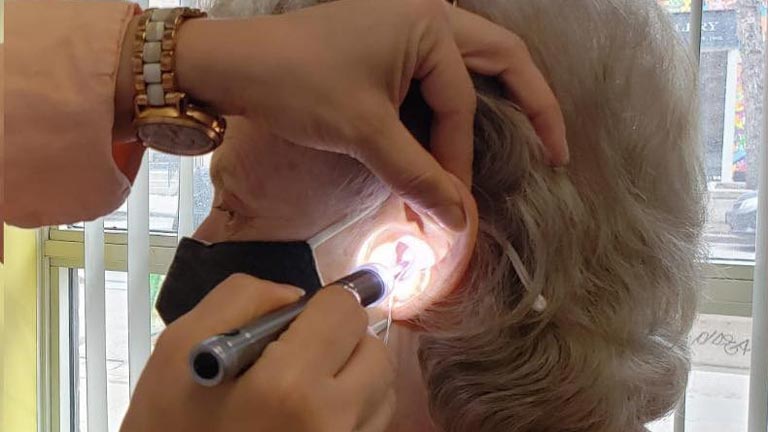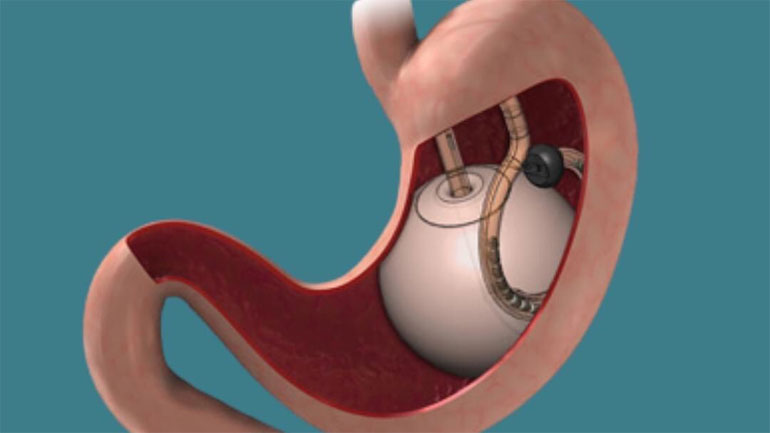
Many different things cause noise sensitivity. Infections that damage the structures inside your ears can cause it, as can certain medications and toxins. First, you need to identify the problem’s cause and then go for the treatment. An otolaryngologist can help with this problem. Following are also some tips to get fixed ears hearing sensitivity.
1. Avoid the source of the noise
Noise sensitivity can be a frustrating condition for people with normal hearing. But the good news is that you can take steps to reduce sounds without completely shutting yourself off from the world. The key is to avoid the noise source and try earplugs and other hearing protection. In addition, you can practice calming techniques such as meditation or deep breathing. Finally, it’s important to know that the most common causes of sound sensitivity are not related to your hearing; they are related to a headache, a nerve dysfunction, or a mental health condition.
If you are sensitive to certain sounds, you should start by figuring out why. The most common causes of sound sensitivity are tinnitus, misophonia, and hyperacusis. These conditions can make you overly sensitive to specific sounds and make them painful to hear. An audiologist can perform a loudness discomfort test to determine whether you have one of these disorders.
Generally, it’s best to avoid any noise over 85 decibels. You risk permanent hearing damage at this point, so it’s important to protect your ears. If you are experiencing a headache as the cause of your sound sensitivity, over-the-counter pain relievers such as acetaminophen or NSAIDs may be helpful. Migraine medications containing acetaminophen and NSAIDs, such as Excedrin Headache, can help alleviate this symptom.
If you suffer from hyperacusis, a disorder that makes all noises uncomfortably loud, behavioral experts can offer strategies to cope with this condition. Treatment typically involves counseling to address underlying feelings of anxiety and fear that can lead to this irrational reaction to sound. The goal is to retrain the brain at a subconscious level so that it doesn’t react to offensive noises in the same way. In cases where phonophobia (fear of sound) is also present, cognitive behavior therapy can be used to reverse the inappropriate beliefs that trigger this phobic state. This is the same type of therapy that can be utilized for phobias such as arachnophobia or claustrophobia. Finding support groups online or in person with people with similar sound sensitivity issues is also possible.
According to Harbor Audiology, having sensitive hearing can make it hard to filter out sounds like chewing and yawning. And it can also make it difficult to tune in to important sounds, such as sirens and alarms.
2. Try earplugs
There are a few different kinds of sound sensitivity, but the most common is hyperacusis, where sounds feel louder than they should. The condition can cause a feeling of fullness and discomfort in the ears that can be painful or debilitating. Even very low-level noises like a drill sergeant’s voice or a soft tap on a desk can cause this discomfort. People with hyperacusis may also find certain sounds annoying or distressing, which can make everyday tasks, such as shopping or going to school, difficult to manage.
A range of earplugs can be used to help with noise sensitivity, but the most important thing is to find a pair that fits well. Some earplugs reduce sound by a specific amount, while others target specific frequencies that can be irritating or distressing. For example, the Flare Calmer earplugs are designed to reduce certain frequencies that the company says can be particularly irritating for those with hyperacusis. Others, like the Loop earplugs, are made for general use and don’t focus on particular frequencies but reduce decibels across a range of different frequencies.
Other ways to help manage sound sensitivity are avoidance and coping strategies. If the sensitivity is caused by an environmental trigger, like a hangover, simply staying away from the trigger can be enough to ease the symptoms. If the sensitivity is a chronic issue, or it comes on quickly without a clear reason, then it’s worth visiting a doctor to see what the cause is and how it can be treated.
A physician will test the ear and look inside the ears using an otoscope to confirm no obvious damage to the structures within the ear. Treatment will depend on what is causing the sensitivity and may include medication to control the underlying problem. This could be an antidepressant or a medication to treat a migraine, for example. In more severe cases, therapy involving slowly exposing the individual to sound can be effective. This is a technique similar to how we learn to tolerate light sensitivity in the eyes and can be extremely helpful for those with sensory issues such as misophonia or autism.
3. Change your environment
If your sensitive hearing affects your quality of life, try to change your environment. It can be hard to find a way around loud noises, but there are ways you can reduce the impact it has on your life. This may include avoiding certain foods that contain additives that can worsen your symptoms. A healthy, well-balanced diet is important for your mental and physical health.
Many people with sound sensitivity have hyperacusis, which means that normal sounds seem much louder than they should and sometimes cause pain or discomfort. This condition can be brought on by a sudden loud noise, such as fireworks, or can develop gradually. If you have this condition, it’s a good idea to visit your GP for an appointment so that they can examine you and refer you for treatment if necessary.
Other types of sensitivity are less serious but can still have an impact on your daily life. Misophonia, for example, is a condition that causes strong emotional responses to specific sounds, such as chewing, yawning, and breathing. This can cause you to feel overwhelmed by these sounds, which can cause a feeling of irritation or even rage.
Some people with misophonia also have a fear of specific noises, known as phonophobia. This is a phobia, so you will need to undergo behavioral therapy to treat it, similar to treating a phobia like claustrophobia or arachnophobia. This will help you challenge the inappropriate beliefs behind your phobia and replace them with more realistic thoughts.
You should never attempt to protect yourself from certain sounds by using earplugs or earmuffs, as this will only make your symptoms worse. The same applies to sound-canceling headphones, which only mask the irritating sounds with soothing white noise. It’s best to overcome the problem rather than avoid it, as avoiding the noise can increase your sensitivity over time.
Some experts believe that if you’re suffering from hyperacusis, you should be exposed to everyday sounds as often as possible so your brain can become used to them. This can help to prevent the onset of more serious symptoms, such as hearing loss or tinnitus.
4. Talk to your doctor
If certain sounds irritate or upset you to the point where you avoid social engagements or your career, it may be time to get help. The first step is to talk to your doctor. They can perform a simple hearing test to see if you have hyperacusis or misophonia. They can also refer you to a specialist, depending on the cause of your sound sensitivity.
In some cases, your sensitivity is caused by a medical condition, like tinnitus or ear infections. If the cause is identified, treating it should reduce your sensitivity to noise. Other causes of sound sensitivity include stress, anxiety, and depression. Counseling can help to address these underlying issues and teach you strategies to manage your sensitivity to sound.
For people with hyperacusis, everyday sounds can be painfully loud. This is because the sounds around you are constantly competing and being overpowered, making it difficult to hear conversations or distinguish sounds. It is not uncommon for someone with hyperacusis to become overwhelmed by certain noises, like a lawnmower or even a person chewing. They can even experience a physical response, such as dry heaves or nausea when these sounds occur.
If you have hyperacusis, it is likely that you also suffer from tinnitus, which is known to be closely linked with the condition. Tinnitus is a persistent ringing in the ears that can affect your ability to concentrate and sleep. Tinnitus can be caused by a number of factors, including high blood pressure, ear injury, or ototoxic medications.
The good news is that tinnitus and hyperacusis are treatable. Some over-the-counter medications, like acetaminophen and NSAIDs (Advil, Motrin), can help relieve tinnitus symptoms and reduce sound sensitivity. Some dietary supplements, such as magnesium and B vitamins, can help.
The simplest way to prevent hyperacusis is to avoid loud noises, if possible. If you have a job or family that requires you to work with loud equipment, try using earplugs to protect your ears. If you cannot avoid loud sounds, consider adjusting your environment to reduce the amount of sound that is being produced.




